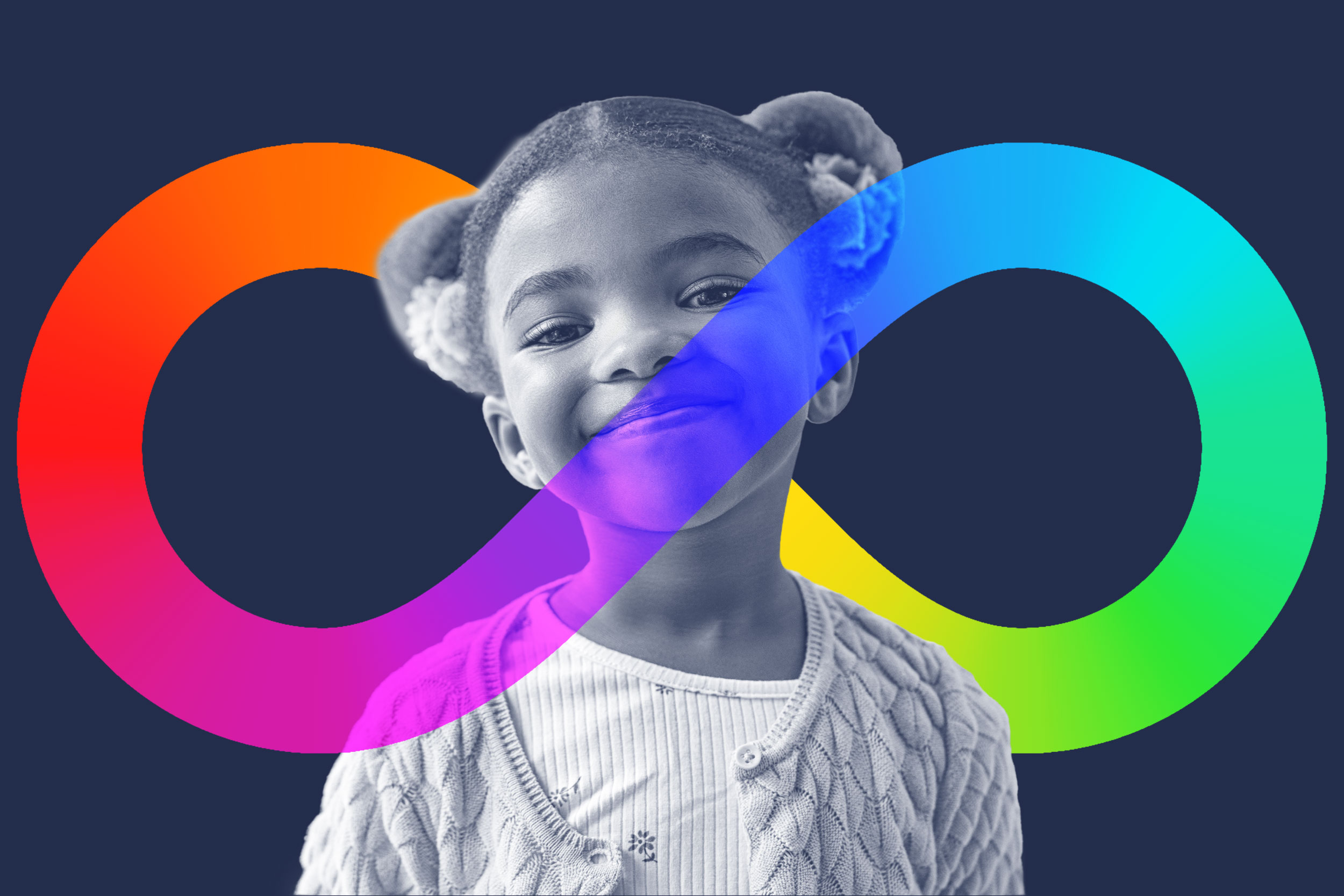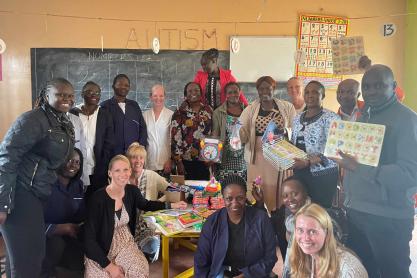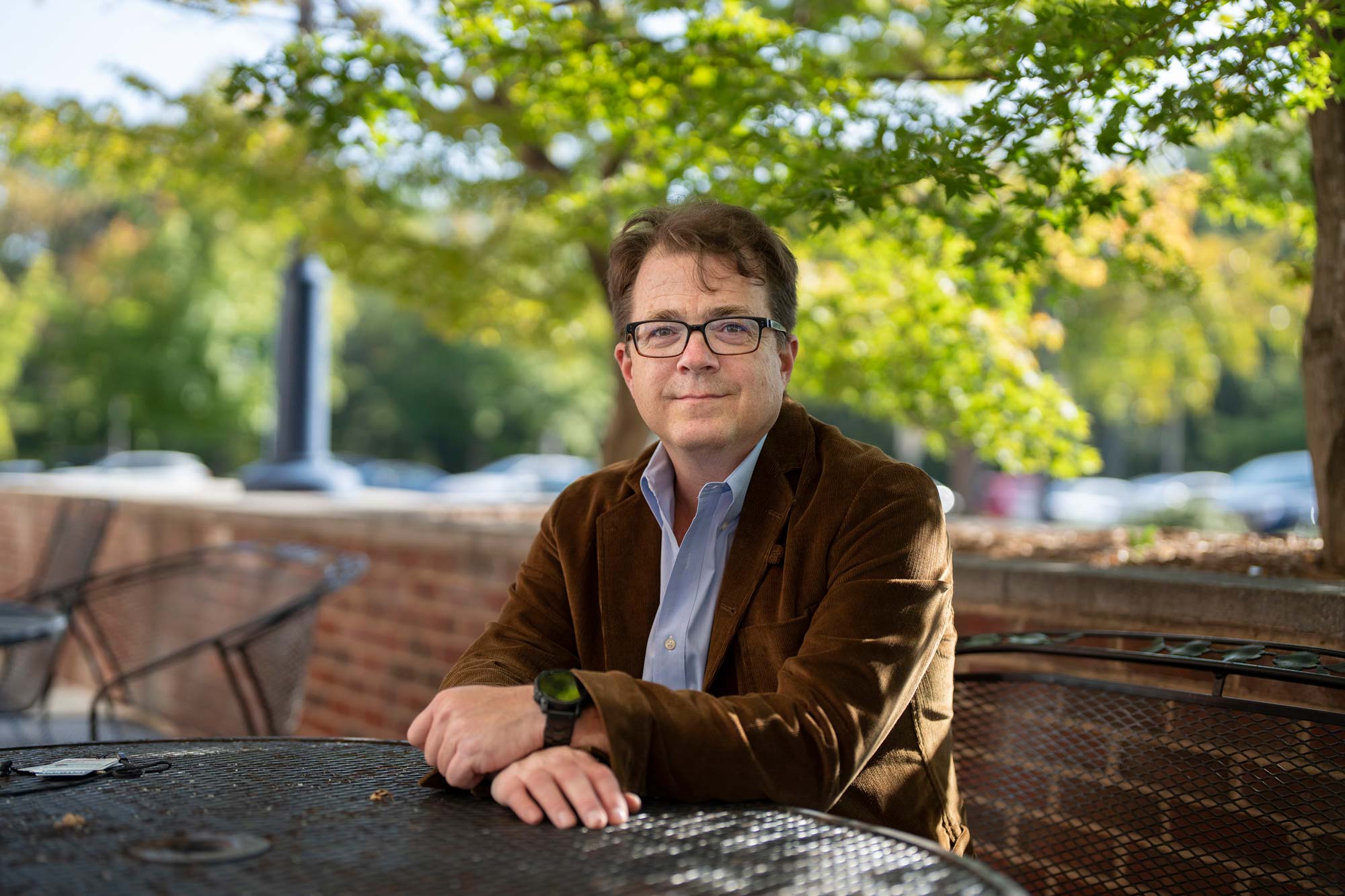Pelphrey, whose now-adult daughter is autistic, landed almost $23 million from the National Institutes of Health to better understand autistic gender differences in order to improve interventions.
Now in its third funding renewal, “This is one of the first big studies in the world to focus on girls and autism,” Pelphrey said. “It’s a mystery why boys are more vulnerable, and it also leads to girls being missed a good bit.”
Unfortunately, in addition to the educational and social setbacks that autism can cause, girls and young women with autism are more prone to anxiety and depression. Early intervention could help them receive much-needed services at a crucial time.
Pelphrey and his fellow researchers have been tracking, with parental permission, 450 children of various ages across the country. They hope to add more participants until they have reached 1,000 total – 500 boys and 500 girls.
The research, led by principal investigator and UVA graduate Allison Jack, now a professor at George Mason University, varies from MRI brain scans and genetic testing to detective work in the form of conversations with friends, family, teachers and community members who know the children best.
The researchers then collaborate with UVA’s School of Data Science and UVA’s School of Education and Human Development to illuminate the information using AI machine learning tools, resulting in individualized reports that may help pinpoint the underlying causes of the autism, Pelphrey said.
Current theory suggests that sometimes genetics can be implicated; other times autism may develop from environmental causes. He noted the remarkable frequency of sisters of boys with autism who don’t themselves develop autism. “There’s something about female development that helps them avoid it,” he said.
Though boys essentially serve as the control group in the ongoing studies, both boys and girls benefit from the expert attention, which may result in personalized interventions.
Early in his career, Pelphrey, who is now associated with the UVA Brain Institute, studied the developing “social” brain more generally, until his daughter developed signs of autism and was diagnosed at age 4. Then, he chose to devote his career to understanding the condition. His daughter is now 20, in college and functioning well, he reported.
“UVA’s autism research is world-leading,” Ian Baucom, UVA’s executive vice president and provost, said. “The efforts of not just Kevin, but all those at UVA who are mapping and investigating how the brain works, will result in transformative discoveries and interventions in the coming years. The strength of that research community, spanning departments and schools across the University, is key to why we identified the brain and neuroscience as one of our priority research areas in the University’s 2030 Plan.”







